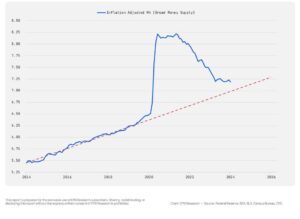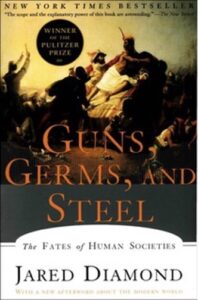
Were It Not for Hypocrisy…
For ten years, from 2000 to 2010, I wrote a blog called Early to Rise. It was, in general, about self-improvement – building wealth, optimizing health and fitness, and living a rich and satisfying life.
I chose the title because I had recently discovered that instead of going to sleep at one or two a.m. and waking up seven hours later, which had become my habit, I could get much more accomplished by going to bed at ten or eleven p.m. and waking at five or six.
For ten years, I reported on my experiences with building wealth… diet and exercise… and the many philosophical approaches to life that I tried out.
The year 2000 was really the dawn of email-based blogs, and mine attracted a growing audience of young and middle-aged readers. At its peak, Early to Rise had more than 900,000 subscribers.
In 2010, I was invited to head up a business dedicated to just one of the topics I had been covering in the blog: creating personal wealth. So, I sold most of my equity in Early to Rise to a young man that I thought could continue its mission, and I devoted my next ten years to writing about entrepreneurship, business, and investing.
By 2020, I had written more than 10,000 essays on various aspects of wealth building and published 24 books. I had also established two non-profit organizations, made three movies, and started about a dozen small businesses.
No doubt about it. The early-to-bed/ early-to-rise idea had really been working for me!
I was on the verge of what would have been my third attempt at retirement and had to make some decisions about what I would be doing with my time once I stepped away from actively participating in business.
Since I’d stopped writing Early to Rise, I had developed an interest reading and writing and traveling and all sorts of other things that, if you’ve been reading this blog, you are well aware of. But something had happened between then and now that was not good. I had gradually developed a habit of going to bed later and waking up later until I was back to my old routine of staying up till one or two in the morning and waking at eight or nine.
I had also abandoned my number-one rule for being productive, which was to devote the first hour or two of every day to a goal that was “important but not urgent.”
I was getting by in terms of getting done what I had to get done every day. But I had stopped making progress on my important-but-not-urgent objectives, which included finishing 14 half-written books and building a museum of Central American art.
Somehow, just two weeks ago, I decided to return to my early-to-rise strategy and began to set my alarm for 6 a.m. and rearrange my daily schedule accordingly.
I’m happy to report that (so far, at least) it seems to be working out as well as it did 24 years ago. I’m back to exercising at seven a.m., and then spending the next hour or two on something I really want to get done before I shed the old mortal coil. And I’m feeling better than I have in years.
I’m telling you all this because I remember that when I did my first stretch of the early-to-rise lifestyle, I received many letters from readers that doubted the premise. And although I couldn’t guarantee that they would do better by getting up earlier, I advised them to give it a try. Many, I’m sure, did not. But over the ten years that I was writing Early to Rise, several hundred of my readers wrote to say that they were getting up earlier and it was working for them.
So, even if you are a confirmed “night person” and you feel that you are doing fine that way, I can only urge you to give the early-to-rise lifestyle a 30-day trial to see if your life doesn’t get noticeably better.








